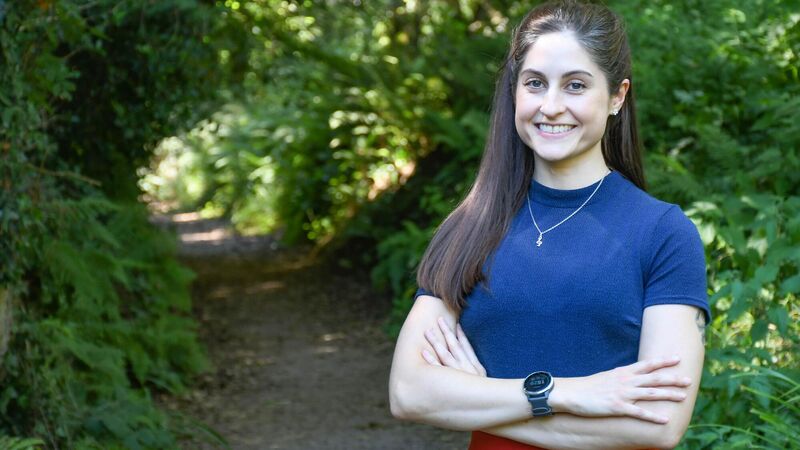Adult ADHD diagnosis: ‘I had to completely relearn who I was’

ADHD coach Ailin Kennedy pictured at Glenbower Wood in Killeagh. Picture: Howard Crowdy
“When I started school, I didn't really gel. At a parent-teacher meeting my mum went to, they told her I was a nonconformist because I didn't want to sing the same song as everyone else was singing. I was the only person who didn't sing. They asked me why and I said 'oh, because I don't like that song'.
"This is in senior infants," she laughs. "I just remember I always felt different, like, I never understood the social rules.”








